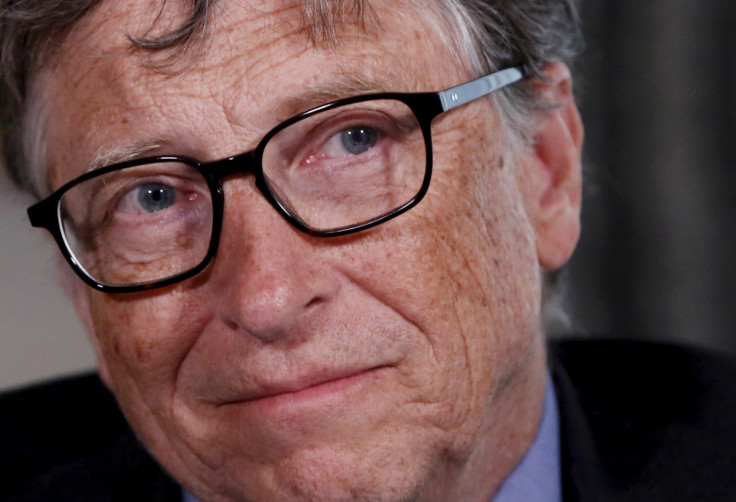Mark Zuckerberg, Bill Gates and other top billionaires less educated than those running their companies, research says

Some of the world's top self-made billionaires such as Mark Zuckerberg and Bill Gates are less educated than the managers and accountants running their companies, according to a study by Verve Search, a UK-based internet marketing agency. The number of individuals without a high school or university degree who went on to become billionaires is more than those who joined the financial elite, after attaining a master's degree, the study revealed.
While 25% of these billionaires are university or high school dropouts, half of them gained a bachelor's degree or equivalent. Another 20% of them are known to have completed their master's, while the remaining 5% are said to have obtained a doctorate, according to Verve.
The research was based only on self-made billionaires and excluded those who had inherited wealth. Data was referenced from the annual Forbes rich list of the wealthiest 100 self-made billionaires since 1996, while their educational information was gathered from public sources.
The increasing tuition fee involved in gaining these university degrees has led some individuals to question the value of education. However, Kathy Harvey, the associate dean of MBA at Saïd Business School at the University of Oxford argued that in most cases, a university education was invaluable.
"Education isn't just about making money, it's about being resilient in life. You would expect that people who have taken time to think and learn about things are also able to apply themselves in the same way to their ambitions", Harvey said.
Opining that it was not surprising that some of the world's billionaires were school dropouts, Harvey explained, "Mark Zuckerberg dropped out because he had Facebook as an idea. Not to follow that idea at that time would have been folly. But it took a combination of great judgment and luck to reach that point. The majority of people still benefit from getting the general education that gives them confidence and helps create a network."
However, encouraging students to give a miss to university education and allowing them to take up risks early is the fellowship created by Peter Thiel, the billionaire venture capitalist and co-founder of PayPal. His foundation is said to provide, "$100,000 [£70,398, €87,992] to young people who want to build new things instead of sitting in a classroom", according to the Financial Times.
However, Dale Stephenson, a US fellowship recipient, who dropped out of college when he was just 19 years, argued, "There's a value in university. It teaches you how to follow directions and meet deadlines and work in groups. But it shouldn't be the only way we learn."
© Copyright IBTimes 2025. All rights reserved.





















